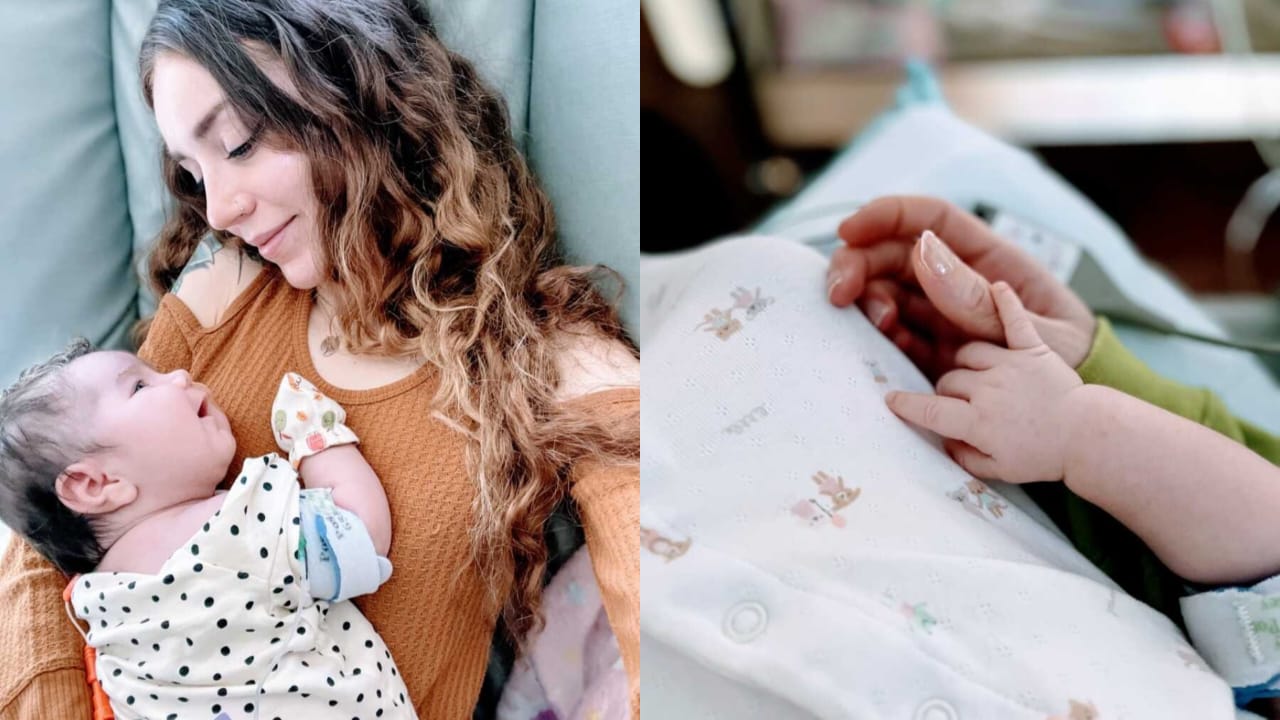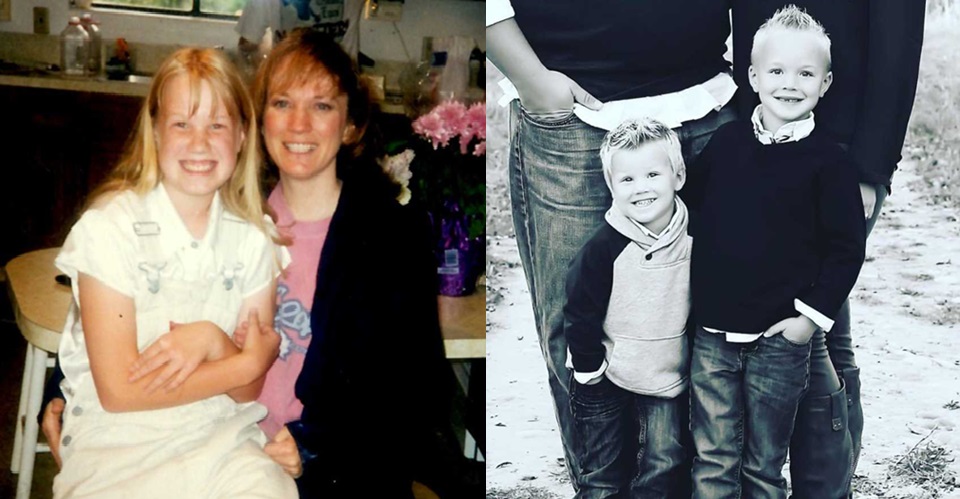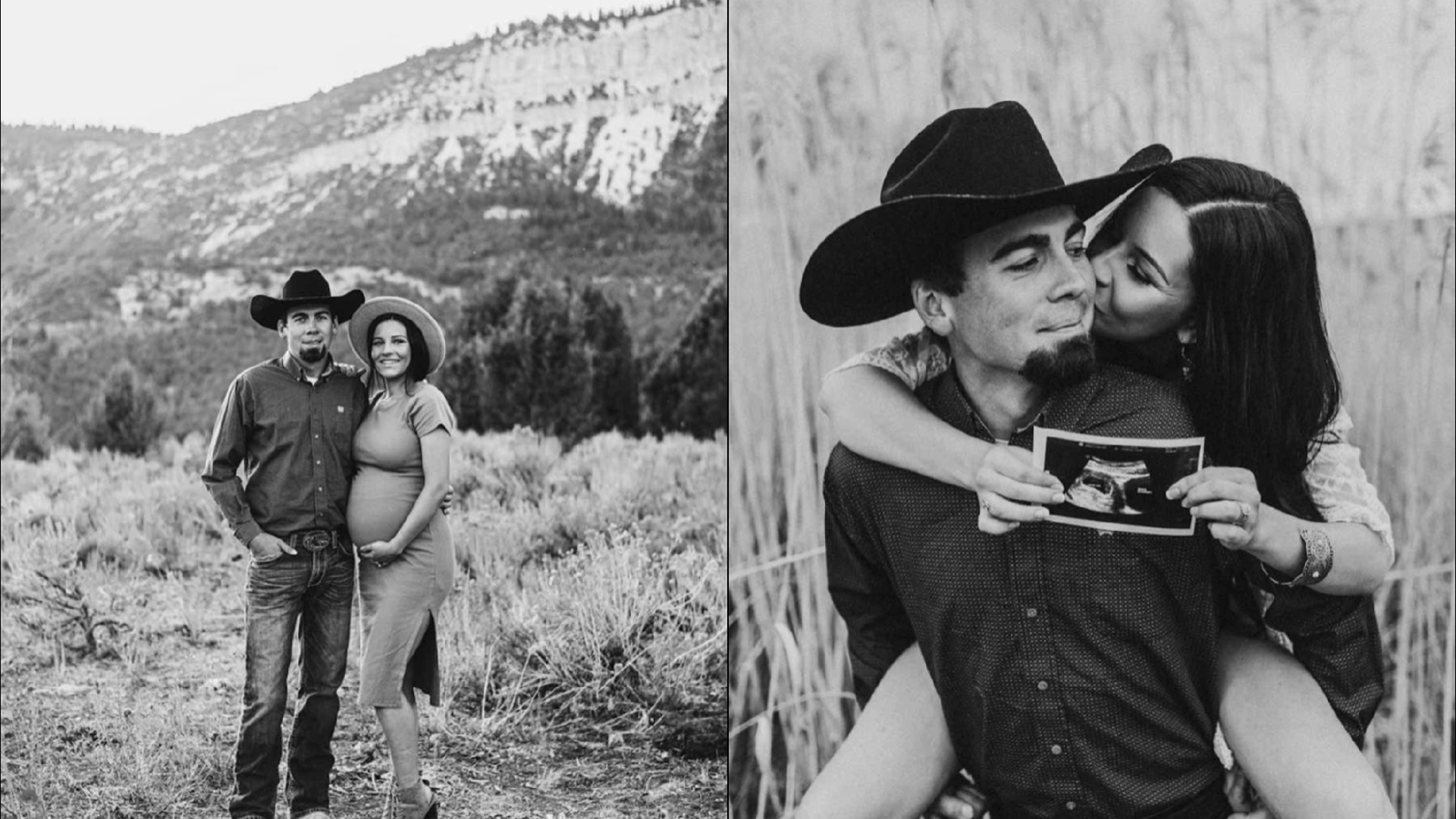breast is best
That phrase looped endless in my mind as I sat in the obstetrics emergency room just four floors below where my newborn lay in the NICU.
My breast were engored, blistered and throbbing with pain. A doctor examined them and said it was the worst case she’d ever seen. Still, I clung to that mantra desperate to believe I was doing the right thing. But each minute I spent trying to ease the physical pain meant more time away from my sick baby. The guilt was unbearable.

When I was pregnant, I made the decision to breastfeed. I was praised for it. “Good for you,” people said. “Breast is best.” That phrase was thrown around like gospel. What no one warned me about was how dangerous that pressure could be to a new mom’s mental health.
I thought I was ready. But nothing could have prepared me for what happened the day after my daughter was born.

One minute, I was holding the sweetest little girl I had waited nine months to meet. The next, she was taken from my arms. A seizure. Within 24 hours of giving birth, I was packing up, barely able to walk, and driving two hours to a more advanced hospital where she was rushed to the NICU.
Seeing her tiny body covered in tubes and wires was devastating. I had just gone through labor, and now I was sleeping upright in a hospital chair. Everything was a blur. I was exhausted, in pain, and emotionally shattered.
They told me breastfeeding would help us bond, but I didn’t get that chance. Instead, I bonded with a breast pump. While my boyfriend stood by our daughter’s crib, I was alone in a dark room, hooked to a machine, crying as my milk and my sanity drained away.

I missed her. I wanted her to know I was there. But I couldn’t be with her because I had to pump. My body was in agony. My heart was breaking. And yet, nurses praised my milk supply. “You’re doing amazing,” they said. Because breast is best, right?
Ten days later, still in the NICU with no idea how long we’d be there, I broke down to a nurse. She took one look at my chest and immediately called the lactation consultant. The consultant told me to go to the ER my nipples looked like they were growing boils.
Lying in that hospital bed alone, I reached my breaking point. I was in unbearable pain, physically and emotionally. And yet, I was still told, “Don’t worry, you can keep pumping.”
I didn’t want to. I couldn’t. And I felt like a terrible mom for saying it.
But I wasn’t.
I was doing my best under circumstances no new mom should have to endure. I never got to “rest” after giving birth. I was walking miles inside a hospital, making endless calls to insurance companies, trying to be strong in front of doctors, and managing postpartum healing on top of it all.
I eventually shared my experience online, including my decision to switch to formula. And someone commented, “You just didn’t try hard enough. Your boobs would’ve toughened up.” That one comment nearly broke me. I already felt like I had failed my daughter.
But I didn’t. I know that now.
Yes, breastfeeding is beautiful for some. But for others, it can be harmful, even traumatic. And that’s okay. We need to say it louder: it’s okay to formula feed your baby.
Moms are already drowning in self-doubt. We don’t need more shame from the outside world. We need support, honesty, and space to choose what’s right for us.
I was shamed for how I chose to feed my baby. But today, I’m no longer in pain. I’m not chained to a pump. I’m holding my daughter. I’m bonding with her, loving her, and showing up for her—fully present.
I’ve let go of “breast is best.”
My new mantra is this: Fed is best.











